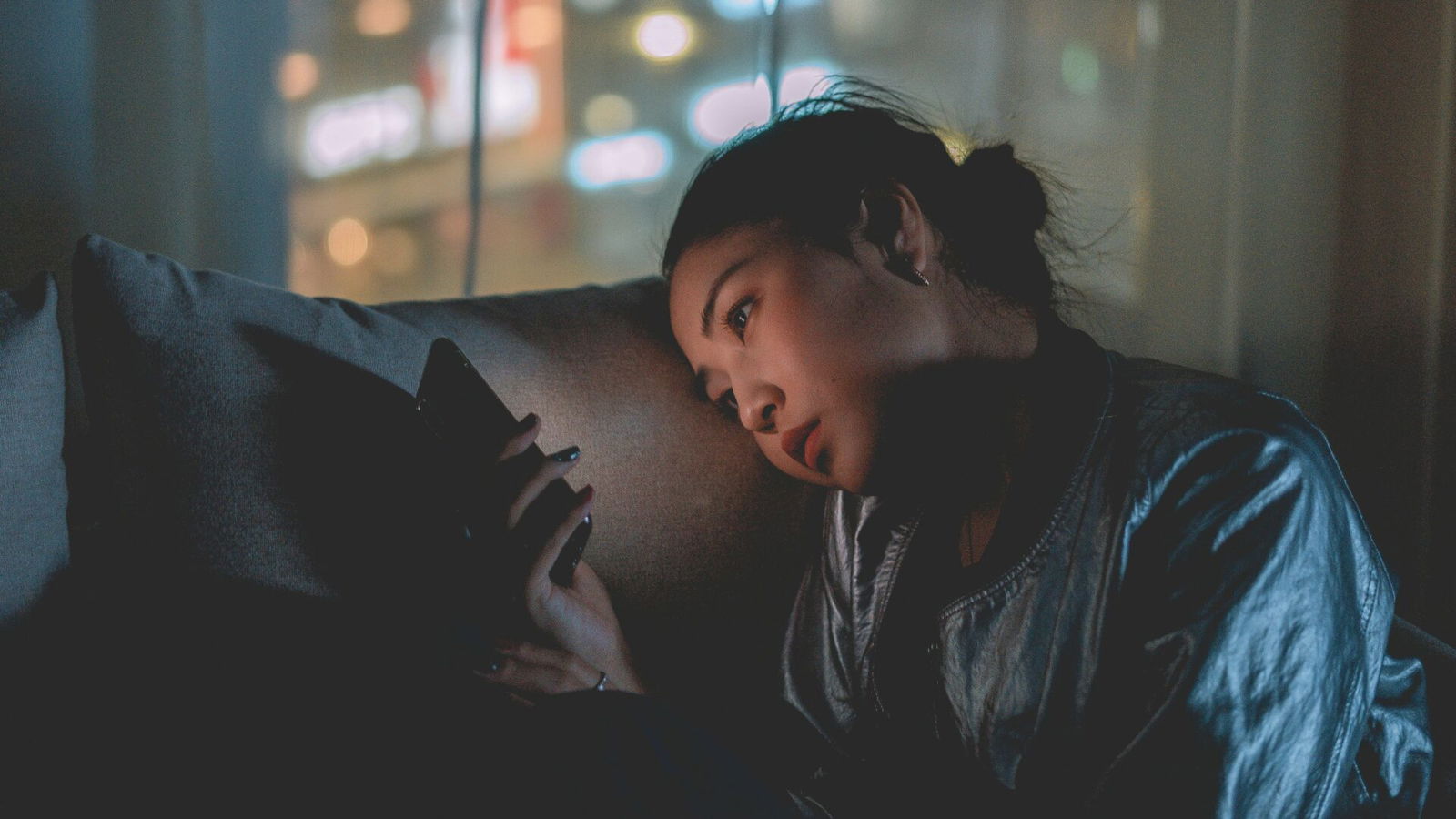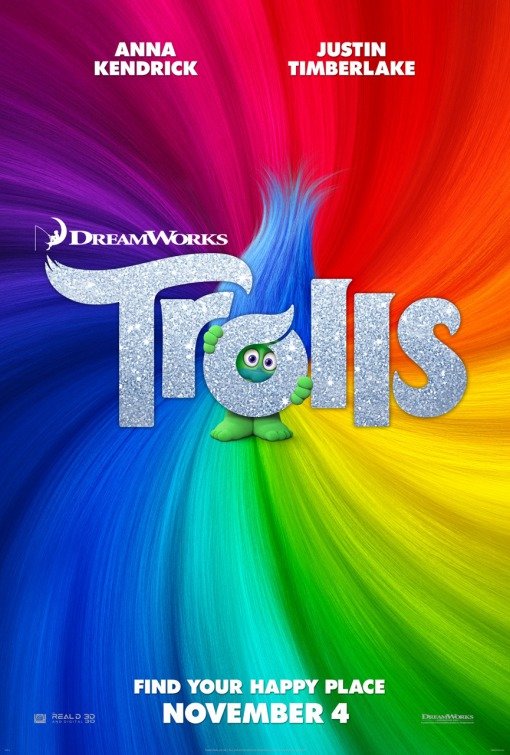
By Mallory Mattingly
According to a new survey from Pew Research, a whopping 34% of teens say they see social media as a mental health resource, but is that a good thing?
Pew Research surveyed 13- to 17-year-olds as well as their parents and found that “34% of teens say they at least sometimes get information about mental health on social media. This includes 9% who say they do this extremely or fairly often.”
The survey also asked the teens “How important social media platforms are as a resource for mental health information. Among those who do this at least sometimes, 63% say it’s an important way they get information about mental health.”
A study published in the National Library of Medicine also pointed out that social media can be a useful mental health resource, saying, “The large influence they have on the dissemination of health information is highly valuable, both because of the amount of time users spend on them and because of their nature, as sources of accessible and understandable knowledge.”
“Among social media, those of an audiovisual nature, such as Instagram, TikTok or YouTube, are increasingly valuable, since written health information may be phrased in a poorly understandable way or even with minimal scientific support,” the study added.
Related: Is Social Media Really Causing the Youth Mental Health Crisis?
Dr. Sara Kuburic’s “The Millennial Therapist” Instagram account has over 1.7 million followers. She shares little pieces of mental health advice, saying things like, “You don’t win by moving on faster than your ex. The real flex is not needing to keep score” or “Lots of people who feel drawn to each other can’t make a relationship work. That’s because relationships are more about effort than chemistry.”
Tons of other mental health accounts flood teens’ feeds, but is it actually helping their mental state?
According to Pew, 45% of teens say they spend too much time on social media, and 25% of girls say it hurts their mental health. However, most teens (74%) see it as a “positive space for friendships.”
“Social media can be used in ways that may be beneficial,” Carol Vidal, M.D., Ph.D., M.P.H., child and adolescent psychiatrist at Johns Hopkins Children’s Center, said. “For example, many children and teens may find a community that is more accepting of who they are and their identities than their immediate family or school environment. In that sense, social media can facilitate connection with peers who share interests, identities and abilities. Realistically, it is also the way many young people communicate with each other these days.”
“Learning to have a healthy relationship with social media is as important as learning to have healthy relationships with food, exercise and coffee consumption,” explained Vidal. “Delaying the purchase of smartphones until the child is ready is a good first step. But, it is also important to instill healthy habits in children’s use of screens given that technology — and social media in particular — will be present throughout their lives.”
If teens are following the right accounts, social media can be a useful mental health resource. By keeping open lines of communication with their kids, parents can ensure that their social media experience doesn’t exacerbate any underlying mental health issues.
Read Next: How a Social Media Detox Can Improve Mental, Physical Health
Questions or comments? Please write to us here.


 - Content:
- Content: 
 – Content:
– Content: 
